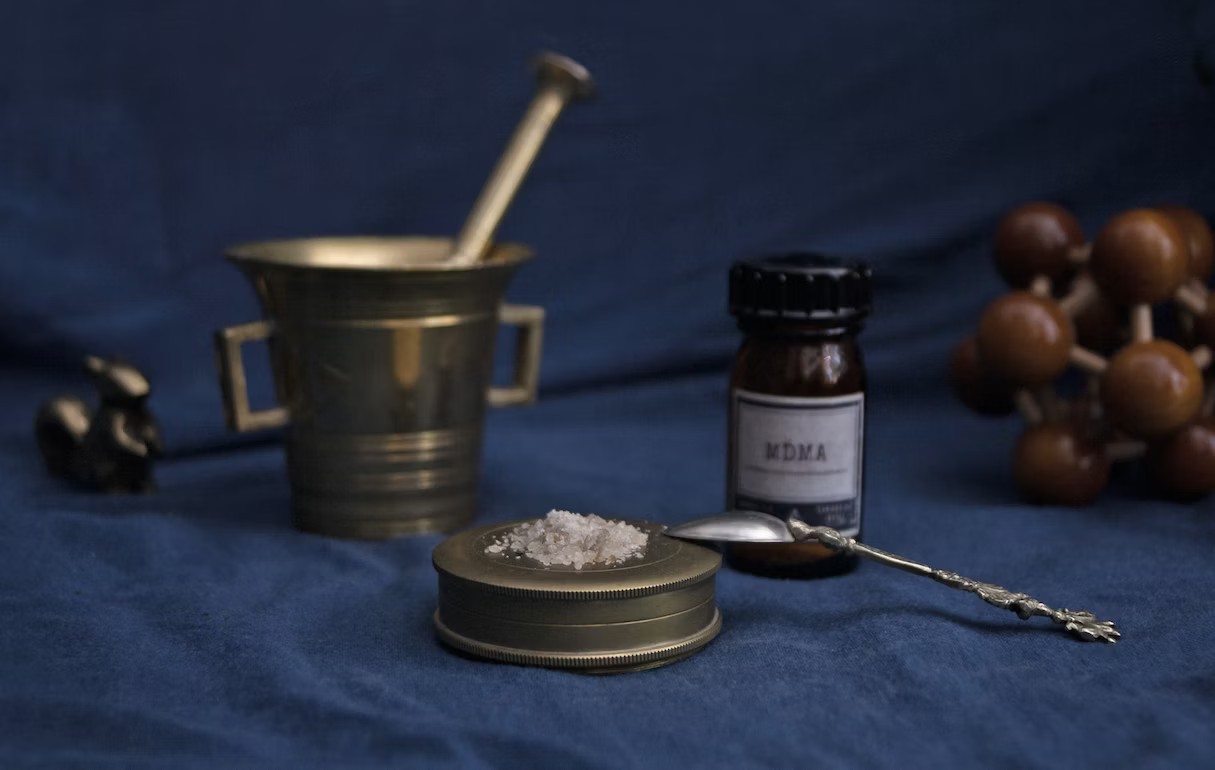If you or someone you love is struggling with cocaine addiction, the path to recovery might seem daunting. According to Maia Szalavitz, renowned addiction journalist and author, addiction is more like a learning disorder than a disease or moral failing. This reframing can be an essential first step for you, shifting away from stigmatizing attitudes towards a more constructive approach. For South Africans grappling with the complexity of addiction, here are key resources and approaches to aid your journey to recovery.
Treat Addiction as a Health Issue, Not a Criminal One
Understanding addiction as a health issue rather than a crime is crucial. This concept is deeply rooted in Maia Szalavitz’s approach, who says, “Drug use isn’t just a search for pleasure; it’s also an adaptation to stress and social isolation.” For South Africans who often find themselves torn between traditional views and medical perspectives, this can be a liberating viewpoint. Seek out healthcare professionals who treat addiction with the compassion and medical expertise it warrants.
Psychosocial Support & The Importance of Therapy
Szalavitz strongly advocates for evidence-based treatments like Cognitive Behavioral Therapy (CBT) and other forms of psychosocial support. She states, “The best treatments for addiction coordinate the biological, psychological, and social aspects into an individualized plan.” When searching for a treatment facility, make sure it offers an array of psychosocial support options to guide you through the different stages of recovery.
Medication as a Viable Option
In some cases, medications like Disulfiram or Modafinil may be prescribed as part of your recovery plan. Don’t rule out medication as a last resort or a sign of weakness; it can be a helpful resource. As you consult healthcare providers, be open to exploring whether medication could be an advantageous part of your tailored recovery strategy.
Community Support and Harm Reduction
For many South Africans, the community is a cornerstone of daily life. Leverage this by involving your community in your recovery journey. Programs like Narcotics Anonymous (NA) or community-driven support groups offer a space to share experiences and offer emotional support. Equally important is the harm reduction approach, an aspect that Szalavitz supports. This could include strategies like reducing dosage, using less harmful routes of administration, or establishing safe environments for use while working towards full recovery.
Choosing the Right Facility
In South Africa, facilities like rehab centers are not just reserved for the privileged. Many offer sliding scale fees, and state-sponsored options are available. Choose a facility that aligns with the compassionate, evidence-based approach advocated by Szalavitz. Ensure it provides a comprehensive recovery plan that includes medical treatment, psychosocial support, and community engagement.
Involve Your Loved Ones
Family and friends can be vital assets in the recovery journey, offering emotional and sometimes financial support. However, Szalavitz cautions against coercive interventions, stating, “Love and attraction are the only motivations strong enough to get and keep people in treatment and on the path to recovery.” Let your loved ones know how they can support you in ways that respect your autonomy and dignity.
Financial Resources
Don’t let finances deter you from seeking help. In South Africa, some NGOs and community organizations offer financial aid or free counseling services. Websites and helplines can also guide you to affordable resources. Your recovery is invaluable, and there are ways to manage the costs involved.
Advancements in Telemedicine for Addiction Treatment
Telemedicine is increasingly becoming a significant part of addiction treatment, making it easier for you to access help regardless of your location. Online consultations and therapy sessions ensure that you’re never too far from a healthcare provider. This is especially valuable if you live in remote areas of South Africa where medical facilities may be scarce.
Expanded Use of Medical Treatments
New medications are continually being researched and approved for use in addiction treatment. Medications like Modafinil are now more widely accepted as viable options in the recovery process. For you, this means a broader range of choices that can be personalized to fit your needs.
Virtual Support Groups
Virtual support groups have proliferated, especially in the wake of the COVID-19 pandemic. Now you can join meetings and support networks from the comfort of your home. This is particularly useful if you’re hesitant to participate in physical meetings or if there are none available in your vicinity.
Rise of Holistic and Individualized Treatment Plans
As the understanding of addiction evolves, treatment centers are incorporating more holistic approaches into their programs. Activities like mindfulness, yoga, and dietary planning are included in treatment plans to address your well-being in a comprehensive way. This aligns with Maia Szalavitz’s view of coordinating biological, psychological, and social aspects into an individualized recovery plan.
Development of AI and Machine Learning Tools
Emerging technologies are being used to monitor and predict drug usage patterns, offering real-time interventions. These tools can be integrated into smartphones, making it easier for you to keep track of your progress and get help when you’re most vulnerable to relapse.
When it comes to addressing cocaine addiction recovery, finding the right resources is not merely a suggestion; it’s a critical component of successful treatment. As a counselor or someone seeking help, you are faced with a plethora of choices—each with its potential impact on your recovery journey.
Let’s talk about the advantage of treating addiction as a health issue rather than a moral failing. If you embrace this approach, your counseling sessions become a sanctuary for genuine dialogue and vulnerability, free from judgment or stigma. In doing so, you invite a more comprehensive treatment plan that goes beyond temporary fixes to address root causes.
Psychosocial support, particularly in the form of evidence-based therapies like Cognitive Behavioral Therapy (CBT), can be a game-changer. By incorporating these therapies into your counseling context, you’re equipped to guide the individual through the layers of psychological and social complexities that accompany addiction.
The rise of medication as a viable treatment option can’t be ignored. In your counseling sessions, this means fostering an environment where medication is neither stigmatized nor idealized, but considered as another tool in the toolbox. As a counselor, you can facilitate discussions around medical treatments, clearing doubts and preparing your patients for this course of action when applicable.
Community support and harm reduction strategies deserve a seat at the table. Often, these topics can be incorporated into counseling to encourage responsible behaviors and help the individual integrate back into society successfully. You have the power to connect individuals with these community resources, enhancing not just their recovery but also their overall well-being.
The famous writer Johann Wolfgang von Goethe once said, “Knowing is not enough; we must apply. Willing is not enough; we must do.” This quote captures the essence of why finding the right resources for cocaine addiction recovery is essential. Knowing about addiction is a start, but application—through proper resources—is where change begins. As a counselor, you are not just a bystander but an active participant in this process, and your role in connecting individuals to the right resources can be a life-altering gift.
Whether you’re a counselor or someone on the path to recovery, the message is clear: Finding the right resources isn’t an optional step—it’s a cornerstone of successful addiction treatment. With the right approach, backed by a multitude of resources, you can transform the daunting path of recovery into a journey of hope and healing.




